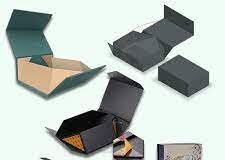Health
How to Select the Best Dentist? The Essential Tips to Consider
It's time for people to realize that their dental health is as essential as their overall health. In fact, when you overlook...
Lifestyle
Unlocking the Glamour: Mastering the Art of Summer Jewelry Styling
In the scorching heat of summer, accessorizing with the right jewelry can elevate your style and make a fashion statement. Summer jewelry...
Successful Cancer Treatment: Learn About It
Cancer is the second most common cause of death in India. Breast cancer was the leading cause of death among females in...
Why Being A Part Of The Cabin Crew Is A Good Choice For A...
If you aim for a job that pays well and gives you travel benefits, being a part of the cabin crew could...


























